New Scientist covers the latest developments in science and technology that will impact your world. New Scientist employs and commissions the best writers in their fields from all over the world. Our editorial team provide cutting-edge news, award-winning features and reports, written in concise and clear language that puts discoveries and advances in the context of everyday life today and in the future.
Elsewhere on New Scientist
A shifting climate • With the US in retreat, could China become the next global green leader?
New Scientist
Prototype lander breaks the ice
Is the COP30 climate summit in crisis? • Mounting concerns about Brazil’s approach to the meeting have observers asking whether it will be able to tackle the difficult choices involved in curbing emissions, reports Madeleine Cuff
Earth is heading for a second year above 1.5°C climate goal
China’s emissions drop
Cervix-on-a-chip flags potential new treatment for preterm birth
A quantum version of Moore’s law • The number of qubits at the heart of quantum computers is following a familiar trajectory
The secret to chopping onions without crying
‘Sticky’ dark matter could be lurking in a distant galaxy
Babies start showing empathy even before they can speak
US East Coast flood risk rises as key ocean current weakens
Vaccine in a pill could stop you catching norovirus
Does chaos await the solar system? • Passing stars could pull planets out of alignment and send them hurtling through space
Capuchin monkeys kidnap another species’ infants
A new spin on particle physics • Experiments with hydrogen atoms could soon reveal whether particles that were long thought to be forbidden by physics actually do exist, finds Karmela Padavic-Callaghan
The most and least satisfying jobs, according to science
Canada wildfires prevented 2023 being even hotter
Device tracks milk intake during breastfeeding
The moon’s insides may be lopsided
Toxic waste threatens eroding coasts
Baby with rare condition receives world-first personalised gene therapy
‘Anti-spice’ could be used to make chilli peppers less hot
Avoiding Armageddon • We have been lucky to dodge nuclear war so far, but we can’t keep trusting to fortune. This is what we must do instead, says Mark Lynas
No planet B • Car wars A huge hike in parking costs in my home of York has provoked outrage. This may sound like a local problem, but reducing car use is an issue for all of us, says Graham Lawton
Fragile home
Growing pains • Most parenting manuals end up gathering dust on my bedside table, but this science-backed guide to raising kids isn’t one of them, says Catherine de Lange
Don’t believe the hype • A new book attempts to puncture the artificial intelligence bubble, but it is frustratingly one-sided, finds Alex Wilkins
New Scientist recommends
The sci-fi column • Going fully digital The premise of Grace Chan’s debut novel – that you can choose to upload yourself to a virtual reality – might sound dated, but this is a quietly brilliant, big-picture look at a disturbing future for humanity, says Emily H. Wilson
Your letters
Your super sense • We often neglect our sense of smell, but honing it could keep you sharp as you age – and may even help reverse cognitive decline, discovers David Robson
Earth song • Buried cables are letting us listen in to subtle underground vibrations, revealing Earth’s interior in incredible detail, finds James Dinneen
Smashing! • Reviving the ancient art of alchemy may sound unscientific, but grinding together dry powders is transforming modern chemistry, says Hayley Bennett
What a chore • Should you mow...
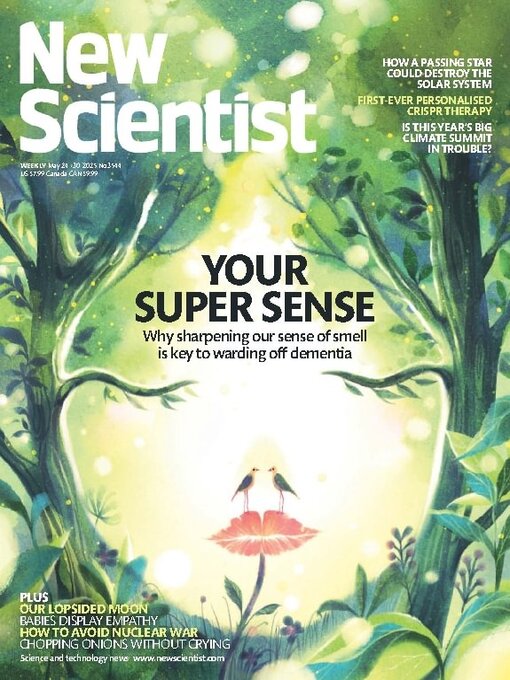
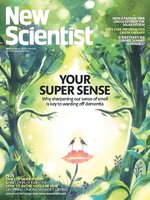 May 24 2025
May 24 2025
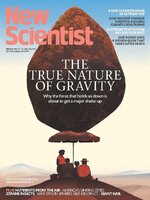 May 17 2025
May 17 2025
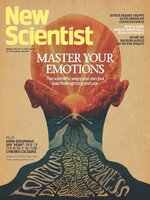 May 10 2025
May 10 2025
 May 03 2025
May 03 2025
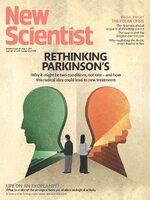 Apr 26 2025
Apr 26 2025
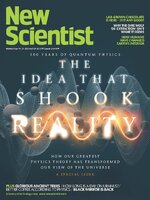 Apr 19 2025
Apr 19 2025
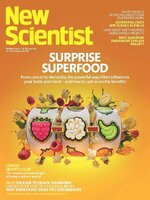 Apr 12 2025
Apr 12 2025
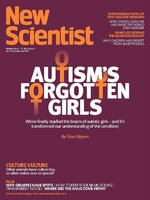 Apr 05 2025
Apr 05 2025
 Mar 29 2025
Mar 29 2025
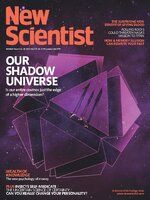 Mar 22 2025
Mar 22 2025
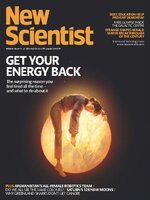 Mar 15 2025
Mar 15 2025
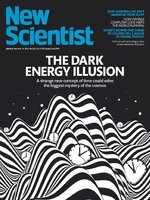 Mar 08 2025
Mar 08 2025
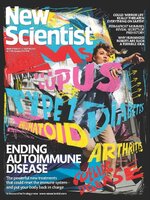 Mar 01 2025
Mar 01 2025
 Feb 22 2025
Feb 22 2025
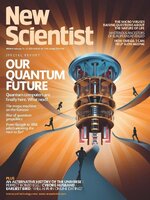 Feb 15 2025
Feb 15 2025
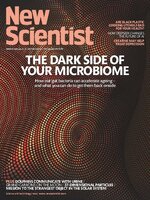 Feb 08 2025
Feb 08 2025
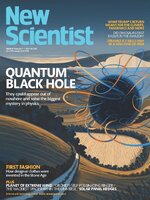 Feb 01 2025
Feb 01 2025
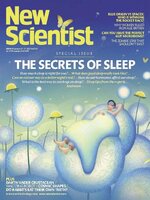 Jan 25 2025
Jan 25 2025
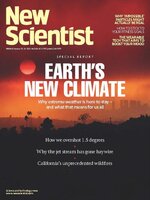 Jan 18 2025
Jan 18 2025
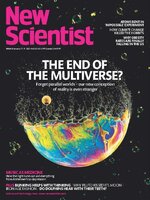 Jan 11 2025
Jan 11 2025
 Jan 04 2025
Jan 04 2025
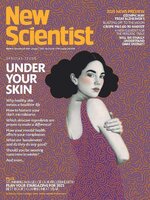 Dec 28 2024
Dec 28 2024
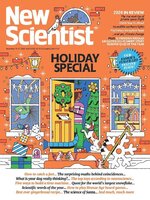 Dec 14 2024
Dec 14 2024
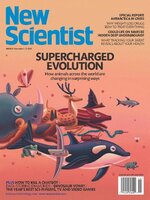 Dec 07 2024
Dec 07 2024